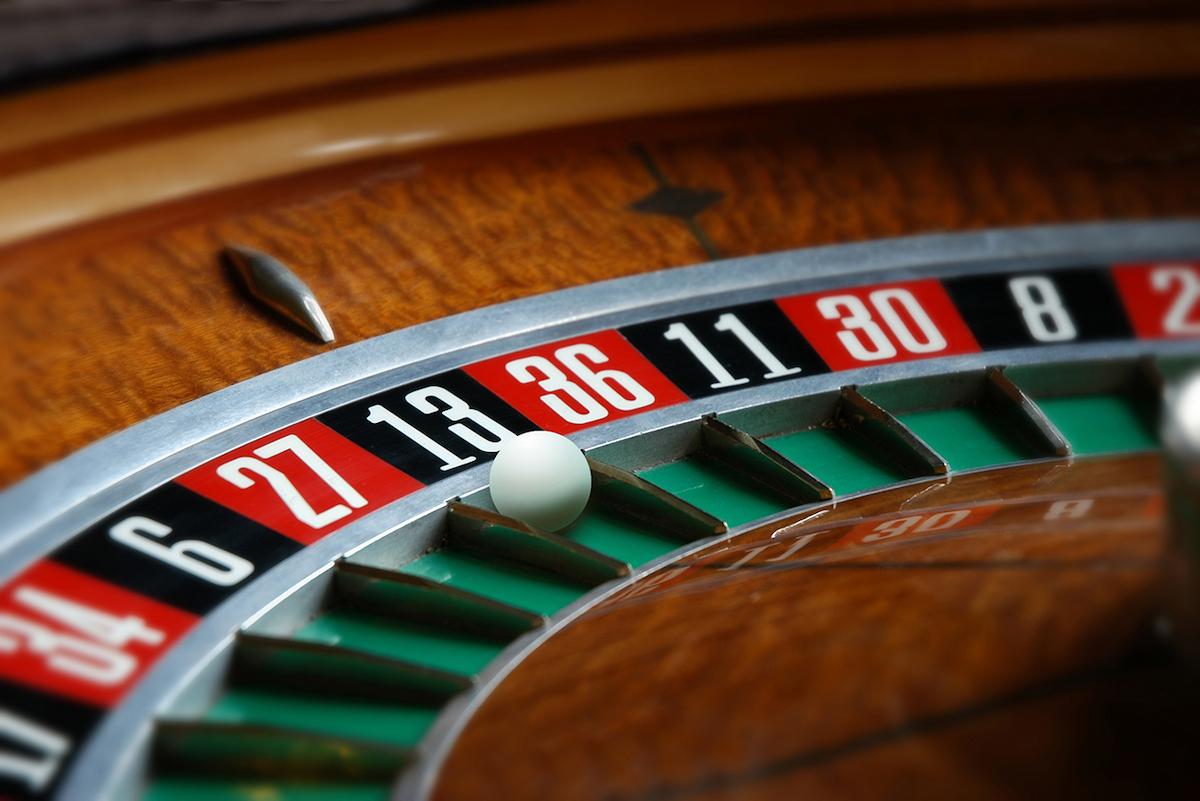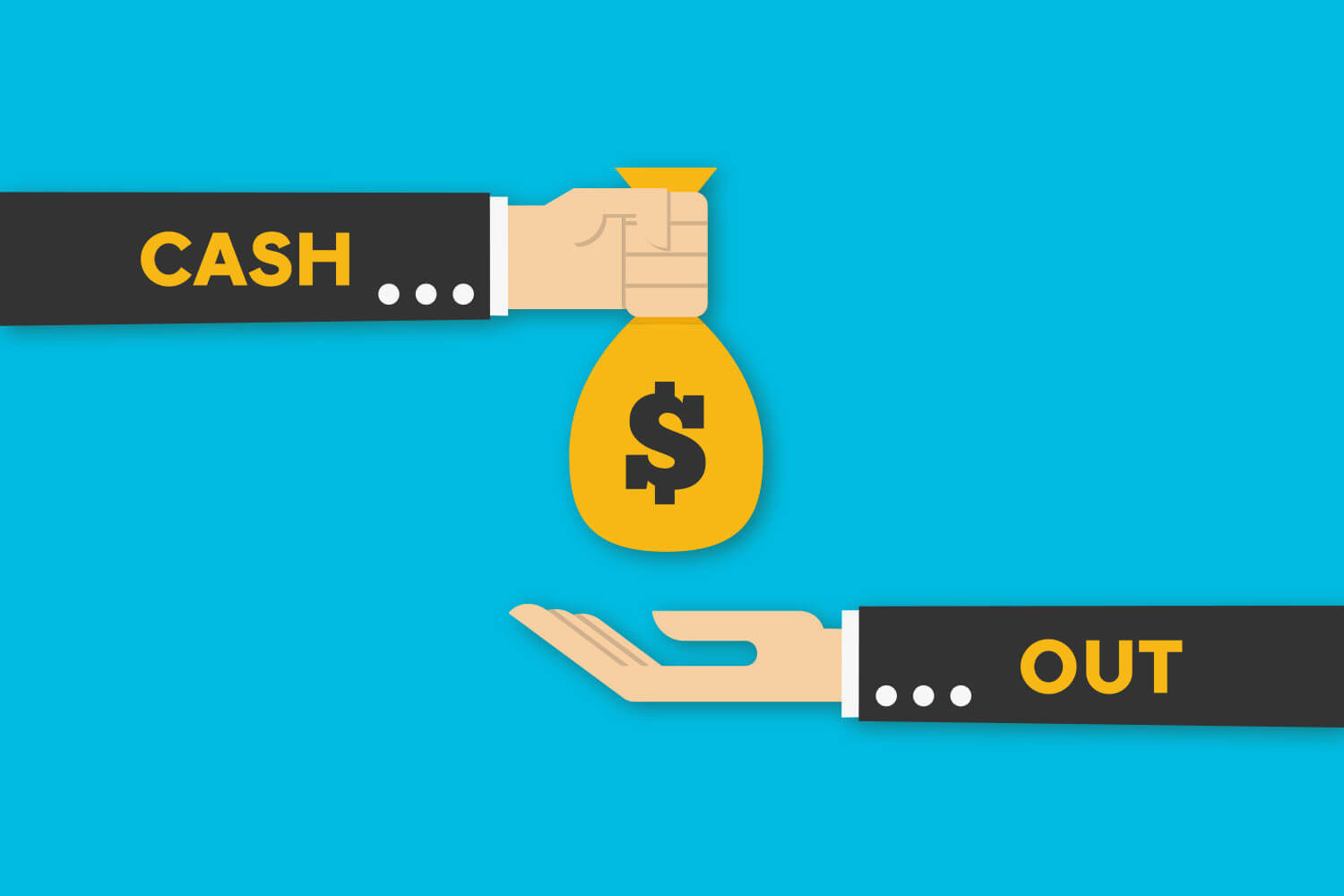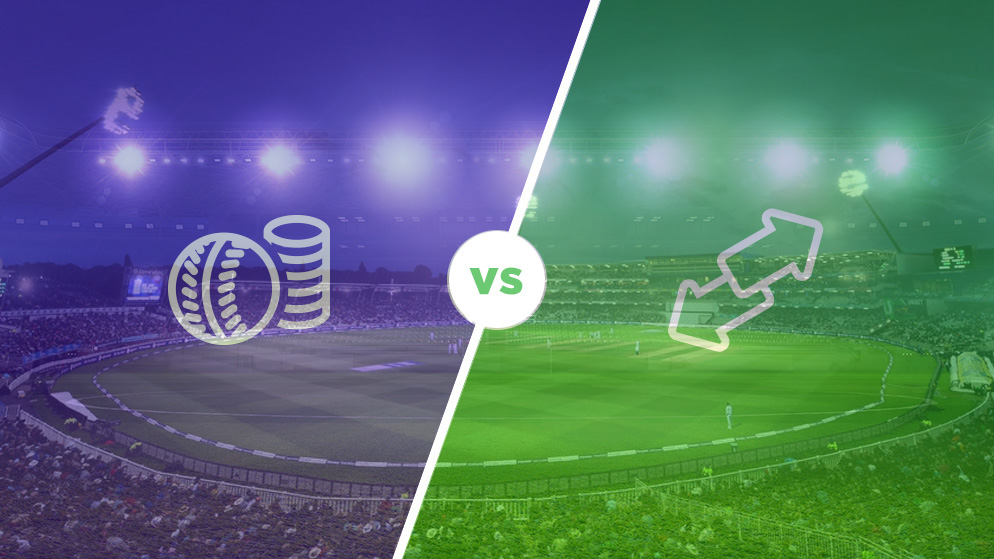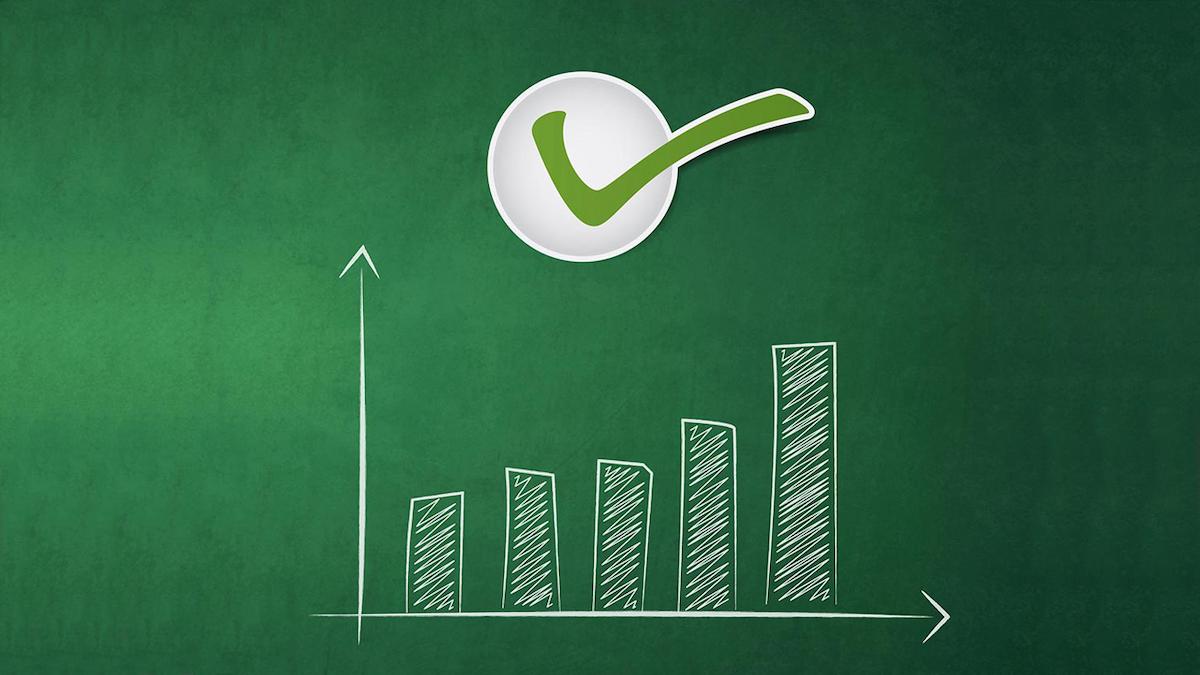Discover the ins and outs of gambling addiction, delving into the depths of compulsive behavior when it comes to online gaming.
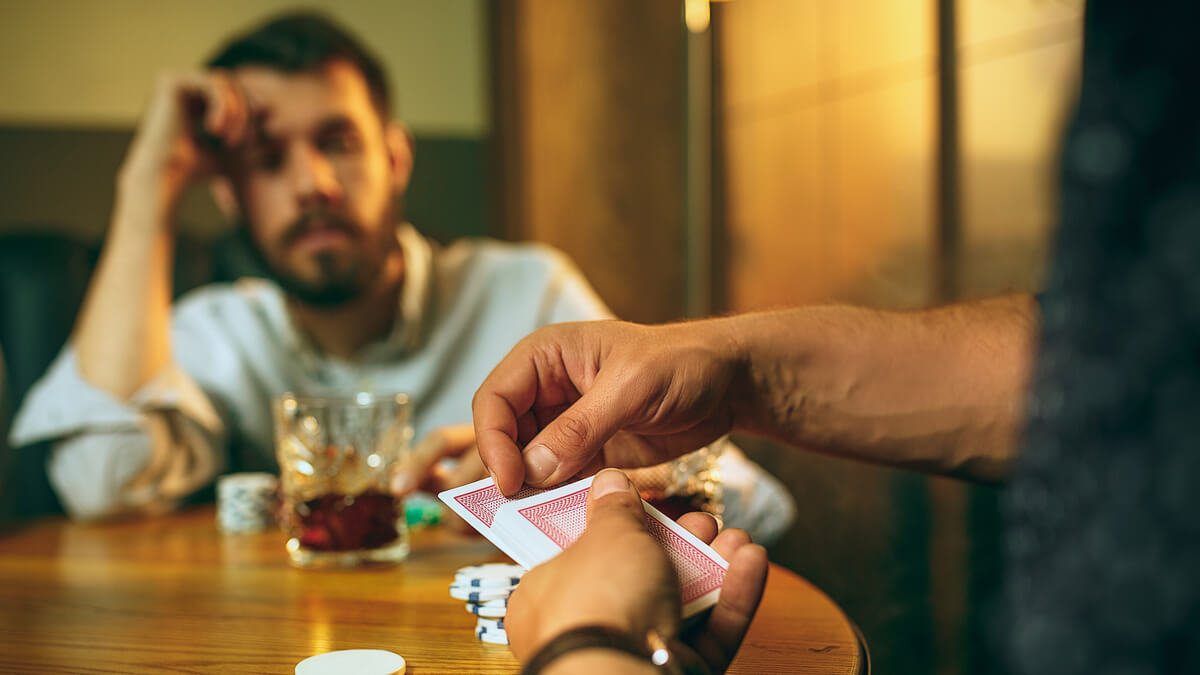
Gambling can be an enjoyable experience, particularly when we emerge victorious. However, it becomes problematic when it surpasses reasonable boundaries and jeopardizes other aspects of our lives, signifying a potential addiction to gambling.
The ICD-10 officially designated pathological gambling as a disorder in 1992, as determined by the World Health Organization (WHO).
Since 1992, the International Classification of Diseases (ICD-10) has included the conditions known as pathological gambling disorder (ICD-10-F63.0) and gambling addiction (ICD-10-Z72.6).
In January 2024, the ICD-11 was implemented, ushering in a new era for the classification of these disorders.
In the updated coding system, the categorization of Pathological Gambling and Gambling Mania has been revised to fall under the term Gambling Disorder, specifically listed as ICD-11-6C50.
in Ireland, despite being categorized as a mental disorder by the World Health Organization (WHO), gambling addiction or betting addiction is not widely acknowledged as a disease.
And as the government tightens its control over online gambling platforms, this pressing concern is gaining more attention as a contentious and highly pertinent matter.
In order to gain a better understanding of gambling addiction, we reached out to two experts in the field: Caroline Busarello Bruning, a clinical psychologist, and Magno José Santos Sousa, president of the Institute of Legal Gambling. Our objective was to shed light on the definition of gambling addiction, identify its warning signs, and determine when it is necessary to seek assistance.
What exactly is gambling addiction?
Gaming Disorder, also known as ludomania, is officially recognized as a behavioral disorder in the ICD-11 due to its association with addictive behaviors and difficulties in impulse control.
The disorder is primarily defined by an enduring or cyclic inclination towards gaming and betting, whether predominantly in physical environments (ICD-11-6C50.1) or virtual platforms (ICD-11-6C50.2).
Hence, addiction to gambling is similar to addiction to alcoholism or drug dependence.
Nevertheless, in this particular situation, the person relies on the feeling triggered by engaging in gambling rather than a substance-based factor.
This became one of the initial behavioral dependencies to receive official recognition.
During our interview, psychologist Caroline Busarello Bruning highlights the fact that:
I'm unable to control my gambling habit, even in the face of all the problems it brings. Gambling always takes priority over everything else.
What happens in the brain when we engage in gambling activities?
In our brain, psychologist Carolina explains, there exists a natural inclination to seek rewards and respond to positive stimuli, triggering the release of dopamine, a neurotransmitter that regulates the experience of pleasure.
The brain can become dependent on the dopamine derived from frequent reinforcement of the behavior of winning games of chance or bets, resulting in a feeling of reward for the player.
The mental health expert explains that casino games, like slot machines, stimulate this particular brain process, strengthening the joy we experience when we achieve victory.
Once the mind is gripped by an irresistible urge, it becomes impossible for the player to resist the temptation to continue, despite repeated defeats, driven by the longing for victory and the joy it brings.
During an interview with the Top Eire Casinos team, Magno José, the president of the Irish Legal Gambling Institute (IJL), highlights that the games in question do not inherently promote addictive behavior.
Next, we will delve into additional forms of habitual behaviors that, much like substance abuse, possess the potential to foster addiction.
The primary factors that contribute to the development of a pathological gambling habit.
Gambling addiction is prevalent in males and can manifest during adolescence or later stages of life.
According to Caroline Busarello, there exists a correlation between Gambling Disorder and various other conditions, including but not limited to depression, mood disorders, and substance addiction.
Data from the PRO-Amjo Outpatient Program for Pathological Gambling at the USP Institute of Psychiatry supports this information.
Around 73% of individuals who are heavily engaged in gaming exhibit signs of dependence on alcohol, while approximately 60% show nicotine dependency, and around 40% struggle with drug-related disorders.
In this manner, individuals afflicted with these conditions may be rendered more prone to developing a gambling addiction.
The addictive nature of games can be further fueled by triggers within the games themselves. The speed at which we receive the outcome of a bet often determines the level of addiction to the game.
Advertising plays a role in influencing the impulses of individuals with a gambling addiction.
At the Institute of Legal Gambling, Magno José emphasizes the importance of regulating gambling in Ireland. The focus is on implementing guidelines to responsibly control and direct advertising campaigns to the appropriate target demographics.
Which games are the most captivating and difficult to put down?
Super Interessante's report reveals a list of highly enticing games that tend to be addictive for players.
- Video Bingo
- Slots
- online poker
- Bingo Machine
- card bingo
- Bet on horses
- Card games
- Scratch Cards
- Animal game
- Lotteries
We want to emphasize that addiction is not caused solely by engaging in the simple act of playing. The development of addiction depends on various factors, such as the inclinations and context of the player, among others.

Betting Establishments promoting Responsible Gambling
We hold the belief that betting platforms that prioritize safety and reliability should provide resources that aid in mitigating the possible dangers of addiction and other detrimental effects on their users.
The alleged Responsible Gambling initiatives implemented by gambling establishments encompass a range of policies and practices aimed at raising awareness about risks, safeguarding consumers, and pursuing various other objectives.
Take a look at several online gambling platforms that offer responsible gaming features.
| Betting House | Responsible Gambling Tools |
|---|---|
| Bet365 | Excluding oneself, establishing limits on bets, receiving notifications for activity, taking breaks, and reviewing betting records. |
| Betano | Betting and loss limits, voluntary exclusion, break intervals, session timekeeping, reality reminder, voluntary exclusion. |
| Betway | Restrictions on deposits, lifelong and indefinite exclusion, timely session reminders, and the option to close an account. |
Deposit limits and session reminders are two widely used accountability tools.
Self-exclusion is a viable choice for players seeking to create distance between themselves and online gambling platforms, either temporarily or for an unknown duration.
These are the measures that online betting houses in Ireland have already implemented and embraced. However, Magno José from IJL stresses the possibility of further progress!
When the game becomes legal, implementing public policies to support individuals with gambling addictions becomes feasible.
The president of IJL further elaborates that within the regulatory initiative for the gambling industry in Ireland, there exists a dedicated section outlining significant guidelines pertaining to the practice of Responsible Gambling.
The measures are designed to safeguard and provide assistance to individuals with pathological gambling behavior, establishing a comprehensive national framework for player and gambler protection.
Upon registration, compulsive gamblers can voluntarily exclude themselves from accessing Website s and gambling establishments through the creation of the National Registry of Prohibited (Renapro), an initiative aimed at promoting self-exclusion.
Registration in Renapro is possible either on a voluntary basis, upon the request of a family member, or through an action taken by the Public Prosecutor's Office.
How can one determine if they have a gambling addiction?
The DSM-5 provides a list of specific indicators that are used to diagnose Gaming Disorder.
- The requirement to place ever-increasing bets in order to fulfill one's desires.
- Feeling tense or agitated when trying to cut down or quit the practice of gambling.
- Efforts to diminish, manage, or cease the practice of engaging in games of chance with unfavorable outcomes have fallen short.
- Common worries regarding gambling.
- Engage in regular play when experiencing distress.
- Negative consequences stemming from gambling can result in the loss of important relationships, job prospects, or educational advancement.
- Relying on others to acquire funds for addressing dire financial circumstances resulting from gambling.
If within the last year you have displayed any of the aforementioned indications, it is imperative that you seek expert aid in order to obtain an accurate diagnosis and pursue appropriate therapy.
Experts like psychologists and psychiatrists are the most suitable professionals to address gambling addiction and betting issues.
Caroline Busarello Bruning emphasizes that the assessment is conducted by conducting an interview with the patient, which may occur on an individual basis or with the assistance of family members and trusted friends.
The recognition and understanding of one's own situation can be challenging for individuals who struggle with impulse control disorders or dependencies, according to a clinical psychologist. Consequently, the involvement and assistance of significant individuals play a crucial role in the diagnosis and treatment process.
Sadly, the prejudice associated with the ailment and the limited understanding of the matter are elements that additionally hinder these individuals from acknowledging the issue and seeking assistance.
What sets apart playing for enjoyment versus playing out of obligation?
Psychologist Caroline Busarello emphasizes in our dialogue that there is no set frequency of wagers to ascertain the presence of a compulsion or lack thereof.
The assessment evaluates not just the player's gameplay, but also their attitudes and actions towards the game.
Nevertheless, the psychologist examines distinctions between a sound partnership and compulsive gambling. Take a look at the comparative chart.
| Leisure | Compulsion |
|---|---|
| The player must exercise self-restraint. | The player's loss of control |
| Feel free to cease at any point of your choosing. | Struggling with the challenge of setting boundaries or quitting gaming. |
| Acknowledge instances when certain behaviors are detrimental to one's well-being. | I have an intense desire to engage in playful activities without acknowledging any boundaries. |
| Engage in gameplay with a higher level of serenity and enjoyment. | The gambler experiences an overwhelming compulsion to engage in gameplay, displaying an obsessive characteristic. |
| Don't forget to engage in gameplay after completing a round or engaging in other tasks. | Always keep the game at the forefront of your thoughts and let the desire to play linger, even while engaged in different tasks. |
Debunking Misconceptions Regarding Gambling Addiction
We conducted an interview with psychologist Caroline Busarello to discuss the misconceptions and realities surrounding Gambling Disorder. Don't miss the opportunity to read the full interview!
Is it necessary to engage in daily gambling in order to be classified as a compulsive gambler within the legal framework of Ireland?
MYTH: CAROLINE BUSSARELLO BRUNING When it comes to gambling, intensity is key. It's like the age-old question of whether someone who doesn't drink every day but loses control when they do drink can be considered an alcoholic. Some authors argue that they should be classified as such, while others hold a different view. The same applies to gambling. We must examine how a person behaves when they engage in this activity. Can they easily stop? Are they aware of the potential harm it can cause? Do they comprehend the risks they are taking? It's not about how frequently they gamble, whether it's once a month or every 3 months. Rather, it's about whether they have control over their actions and if they are putting themselves at various risks - be it emotional, psychological, physical, financial, or relational. All these factors must be taken into consideration.
Is it not regarded as an issue, gambling addiction, if the individual in question can settle their financial obligations?
MITO: CBB. Having debts cleared doesn't necessarily imply having control. After all, it's possible that those debts shouldn't have been there in the first place, isn't it? In my opinion, settling debts only strengthens a false sense of control over one's gambling tendencies, especially if the debts keep piling up due to continuous gambling. Essentially, you're constantly exposing yourself to risks and perpetuating this cycle simply because you're able to pay off the debts. This then becomes an excuse to maintain an addictive habit, doesn't it?
Are individuals who have difficulties with gambling exclusively limited to those who are irresponsible or excessively ambitious?
The investigation of gambling addiction reveals that it is not solely a matter of character but rather a complex fulfillment of needs. Understanding this phenomenon requires a comprehensive examination of the individual's life within the context of their addiction.
Should a relative or partner assist in paying off the debts of a gambler?
Sometimes, relatives and partners may not feel obligated to offer assistance or financial support. However, in certain cases, these individuals may feel a sense of obligation due to the potential risks it poses to the family unit. It is crucial to convey to these individuals that their actions are causing harm to themselves as well. I understand that this may sound strict and straightforward, but it is far from easy. If the dependent individual believes that there will always be someone to bail them out, they will continue to engage in excessive gambling behavior. Ultimately, the pathological gambler must take responsibility for their actions, although this can be a delicate and complex situation.
Are there any available treatments for addiction to online gambling?
Indeed! While it is undoubtedly difficult to confront a gambling addiction, it is reassuring to know that there exist viable avenues for treatment!
Recognizing the disorder and seeking help is truly the initial step in overcoming it, even if it may seem cliché.
The treatment strategies employ a similar methodology to conquering various addictions, be they substance-related or behavioral.
The optimal approach to treatment involves pharmacotherapy, which encompasses the administration of medications, in conjunction with psychotherapy.
Psychologist Caroline highlights the significance of individual therapy in combating gaming addiction, while also acknowledging the value of support groups for additional treatment and recovery.

Programs aimed at providing assistance and support to individuals struggling with compulsive gambling.
in Ireland, there are a few support groups available, such as Gamblers Anonymous (JA) and Jog-Anom (Friends and Family of Gamblers Anonymous).
These groups function as valuable networks of support for individuals who have the disorder, as well as for their loved ones like family members and friends.
A program called "Turning the Game Around" is another valuable resource that I want to mention. This program is a result of a collaboration between the Association for Living Well, CAIXA, and the Ambulatory Program for Pathological Gambling at USP.
Magno José, the president of the Legal Gaming Institute, underscores the significance of advocating for and actively seeking out public initiatives.
in Ireland's gaming regulation project, there is a significant element worth noting - an allocation of 4% of the betting funds to cater to the needs of individuals grappling with gambling addiction.
What can be done to assist individuals struggling with a gambling addiction?
The well-being of compulsive gamblers is a concern for the loved ones of individuals affected by Gambling Disorder.
Regrettably, in numerous instances, individuals witness the decline of their relationships due to the presence of addiction.
When it comes to assisting someone dealing with this disorder, it is crucial to establish an open and honest conversation that is both compassionate and direct. By doing so, we can effectively bring attention to the negative consequences and detrimental impact that compulsive gambling can have on one's life.
Providing care for individuals experiencing addiction involves offering support without judgment and acknowledging that addiction is a legitimate medical condition.
Conclusion
Based on the findings from our team of specialists and the extensive data gathered, it is evident that the issue of gambling addiction is a legitimate concern.
It is a condition that impacts the emotional and social aspects of individuals dealing with it, greatly impacting their overall happiness and connections with others.
The subject stirs up controversy in Ireland and frequently becomes a pretext for impeding and postponing the regulation of the gaming industry within the nation.
I have observed that the legalization and regulation of this industry can yield favorable outcomes, including the establishment of public initiatives aimed at safeguarding and assisting individuals with gambling addictions.
From an individual perspective, it is crucial for every bettor to recognize the indicators of addiction as distinct from the enjoyment derived from gambling.
It's important to mention that effective treatments for Gambling Disorder do exist!
If you or someone you know is encountering this difficulty, it is advisable to seek assistance from experts in the realm of mental well-being and/or get in touch with the support communities specified in this manual.





